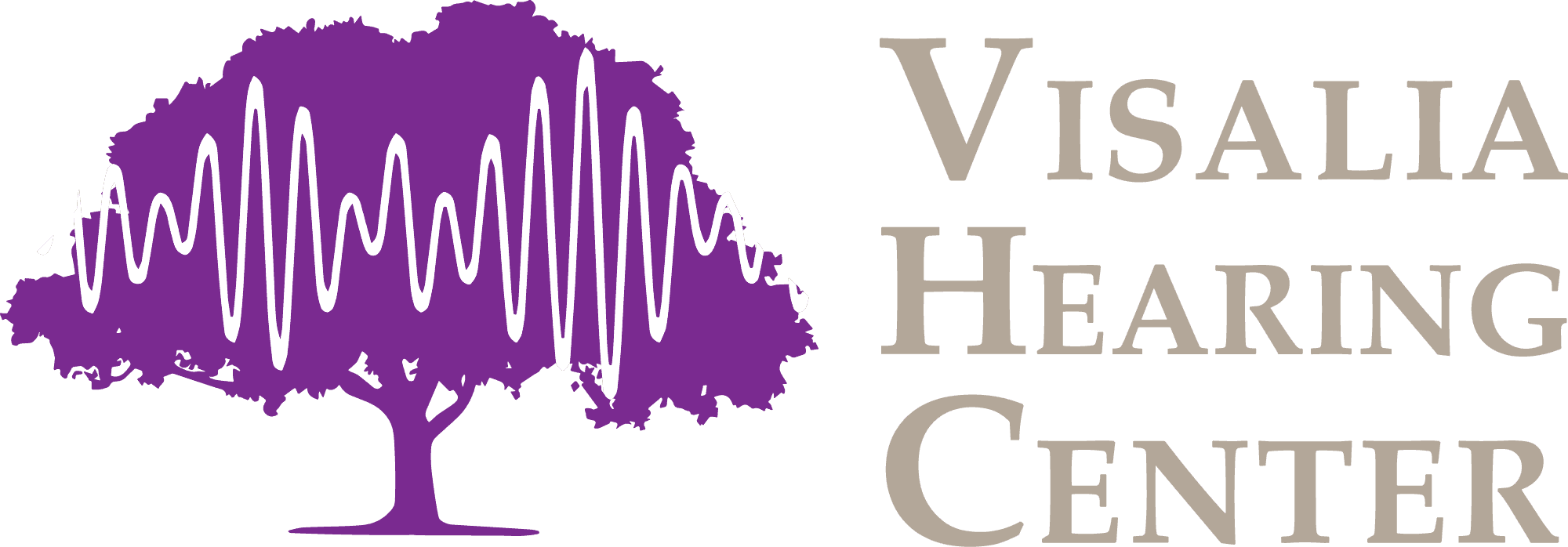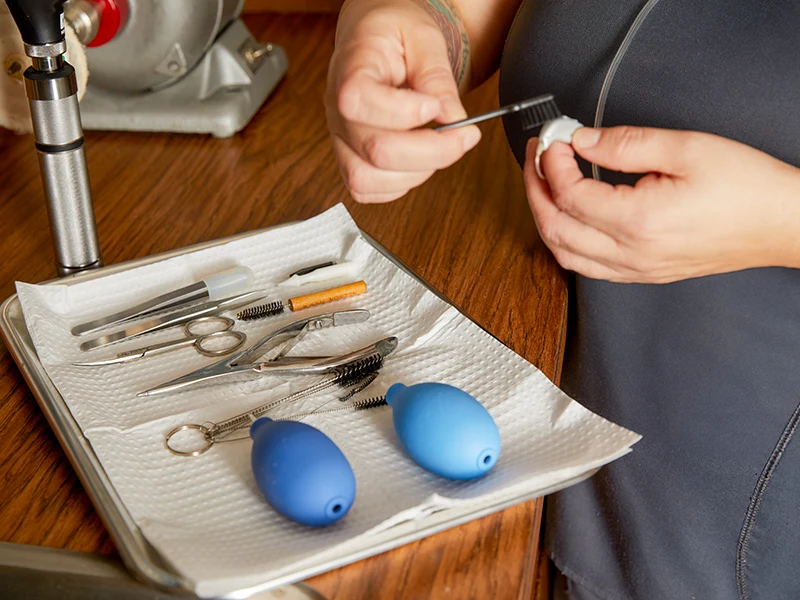Quick Facts About Cochlear Implants
Cochlear implants began experimentally in the late 1970s and gained FDA approval in the 1980s as a tool to facilitate a higher level of hearing clarity for individuals with severe to profound hearing loss.
Thanks to digital technology and a relentless drive for improvement, cochlear implants have seen significant advances in their processing and performance capacities, especially as it pertains to performance in noisy environments and music enjoyment.
A cochlear implant has three main components: an internal processor placed under the skin behind your ear, an electrode array inserted into the cochlea, and an external processing unit that rests behind the ear like a hearing aid.
Cochlear implants were designed to bypass a damaged inner ear or cochlea, transmitting sound directly to the nerves connecting the cochlea to the brain.
For a cochlear implant to work, one’s auditory nerve and auditory pathways in the brain must be intact.
Cochlear implants do not cure deafness— they do not fix a damaged ear or restore normal hearing. But they are the best solution to overcome profound hearing loss challenges.
In 2019, cochlear implants were approved for single-sided deafness.
Children as young as 9 months old can be successful with a cochlear implant.
How long does it take before cochlear implants are activated?
Traditionally, it would take between four to six weeks after surgery before your audiologist would activate your cochlear implant. Often times now, this is done somewhere between one to two weeks.
Does Visalia Hearing Center offer Pediatric Cochlear Implant Services?
There are three cochlear implant manufacturers, do you service all 3 brands?











